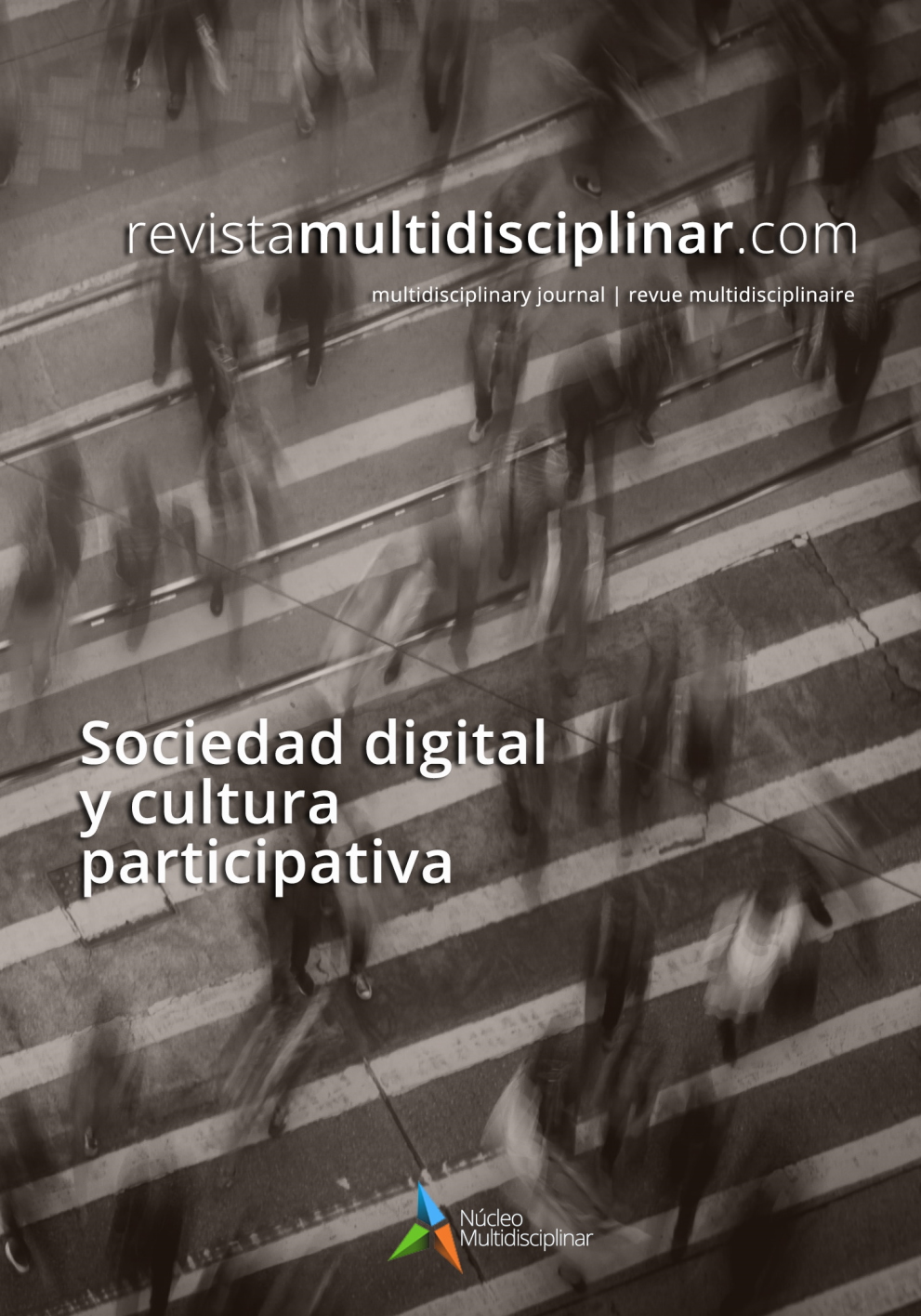Film tourism in Portugal
according to Graham Busby and Julia Klug's classification
DOI:
https://doi.org/10.23882/rmd.23148Keywords:
Film tourism, Tourism, Cinema, Tourism promotionAbstract
Film tourism is a complex phenomenon that can be studied from different perspectives. Currently, it is increasingly relevant and forms part of our new form of consumption, since it is through audiovisuals that a large part of our forms of leisure pivot. This phenomenon, which is increasingly exploited worldwide, has been used by different tourist organizations to promote certain locations; however, other organizations have reacted slowly to this new cultural tourism, despite which we find a multitude of films that have could induce tourism.
This paper will start from the classification made by Blusby and Klung in 2001 where they propose nine different types of cinematographic tourism and it will be applied to films shot in Portugal at different times and where different places in the Portuguese geography may have relevance when it comes to being chosen as tourist destinations, based on their appearance in some audiovisual product.
References
Aldeas Históricas de Portugal (2023). Monsanto. https://shre.ink/ki03
Beeton, S. (2005). Film-induced tourism. Clevedon UK: Channel View.
Busby, G., y Klug, J. (2001). “Movie induced tourism: The challenge of measure-ment and other issues”, Journal of Vacation Marketing,7 (4): 316-332. https://doi.org/10.1177/135676670100700403
Domínguez, D. (2011). Un Axolotl en Lisboa. La escuela de los domingos. https://shre.ink/kiN0
Espallargas, A. (2014). Lisboa, la ciudad blanca y de cine. 20 Minutos Online. http://bit.ly/3muRM7c
Gámir, A. (2016) Geografía y Cine: La representación del espacio geográfico en las películas de producción occidental. Tirant Lo Blanch. Colección crónica.
González Conde, A., Araújo Vila, N., y Rodríguez Campo, L. (2015). “Turismo ci-nematográfico: La conquista on line de nuevos mercados” ROTUR, Revista de Ocio y Turismo, 9: 17-34
Graça, A. R., Banha, F., y Banha, F. M. (2022). Video-Induced Tourism in Central Portugal: Production and Impact of Promotional Videos. Tourism & Manage-ment Studies, 18(1), 41-50. https://doi.org/10.18089/tms.2022.180104
IANS (2019). Portugal honours Imtiaz Ali's 'Jab Harry Met Sejal'. IndianTV. http://bit.ly/40WRHbo
INE (2021). Revenue from the tourist accommodation sector maintains growth trend. Instituto Nacional de Estatística. Tourism Activity. http://bit.ly/3KN624N
LisboaTurismo (n.d.). Lisbon Movie Tour, una idea para promocionar el turismo en la capital lusa. LisboaTurismo.com Guía con información turística para viajar a Lisboa. http://bit.ly/3nVLQVf
Monterrubio Ibáñez, L. (2011). Lisboa Story de Wim Wenders. El descubrimiento de la ciudad como metáfora del arte cinematográfico. A la búsqueda de sus identi-dades. Revista de Filología Románica, 2, 127-138. http://bit.ly/3KMXlr7
Nexotour (2019). El Turismo aumenta donde se ha rodado Juego de Tronos. Nexo-tour, plataforma de Información Turística. http://bit.ly/3GspPE3
OLT, On Location Tour (2023). Tv & Movie-Themed Tours. https://onlocationtours.com/
Osácar, E. M. (2009). Del turismo y el cine al turismo cinematográfico. Her&Mus. Heritage & Museography, 2, 18-25. http://bit.ly/3ZYFLoe
Pallota, F. (2022). "Game of Thrones" terminó con una caída ruidosa. Pero "House of the Dragon" ya se encendió” CNN BUSINESS, CNN Español. http://bit.ly/3MteRlx
PFC-Portugal Film Commission (n.d.). Cash Rebate Projects. https://bit.ly/3ZV25PU
PCF-Portugal Film Commission (n.d.). About Us. http://bit.ly/3KpQene
RAE - REAL ACADEMIA ESPAÑOLA: Diccionario de la lengua española, 23.ª ed., [versión 23.6 en línea]. https://dle.rae.es
Riley, R., Baker, D., y Van Doren, C. S. (1998). “Movie induced tourism”, Annals of Tourism Research,25: 919-935.
Rodríguez Campo, L., Fraiz Brea, J. A., y González, E. A. (2014). El turismo cine-matográfico como tipología emergente del turismo cultural. PASOS. Revista de Turismo y Patrimonio Cultural, 12(1), 159-171. http://bit.ly/3KL98WY
Rodríguez Marchante, O. (2019). Llegan los hermanos Dardenne, siempre favoritos, con su pequeño islamista, ABC.es. http://bit.ly/3o01BdX
Roger Monzó, V., Llopis Amoros, M., y Santos Rojo, C. (2022). Turismo cinemato-gráfico: análisis de la promoción del destino a través de la prensa. Investi-gaciones Turísticas (24), pp. 85-105. https://doi.org/10.14198/INTURI2022.24.5
Rowling J. K. [@jk_rowling] (2020, May 21). For instance, I never visited this bookshop in Oporto. Never even knew of its existence! It’s beautiful and I wish I *had* visited it, but it has nothing to do with Hogwarts! Twitter. https://bit.ly/3Kin60Q
UNESCO (n.d.). Cultural Landscape of Sintra. https://whc.unesco.org/en/list/723/
VisitPortugal (2020). Sobre nosotros | Compete 2020. Turismo de Portugal I.P. http://bit.ly/43kPtV5
Waade, A. M. (2017). Locations in Television Drama Series: Introduction. Series - International Journal of TV Serial Narratives, 3(1), 5–10. https://doi.org/j5h8
Published
How to Cite
Issue
Section
License
Copyright (c) 2023 Claudia López Frías

This work is licensed under a Creative Commons Attribution-NonCommercial 4.0 International License.









